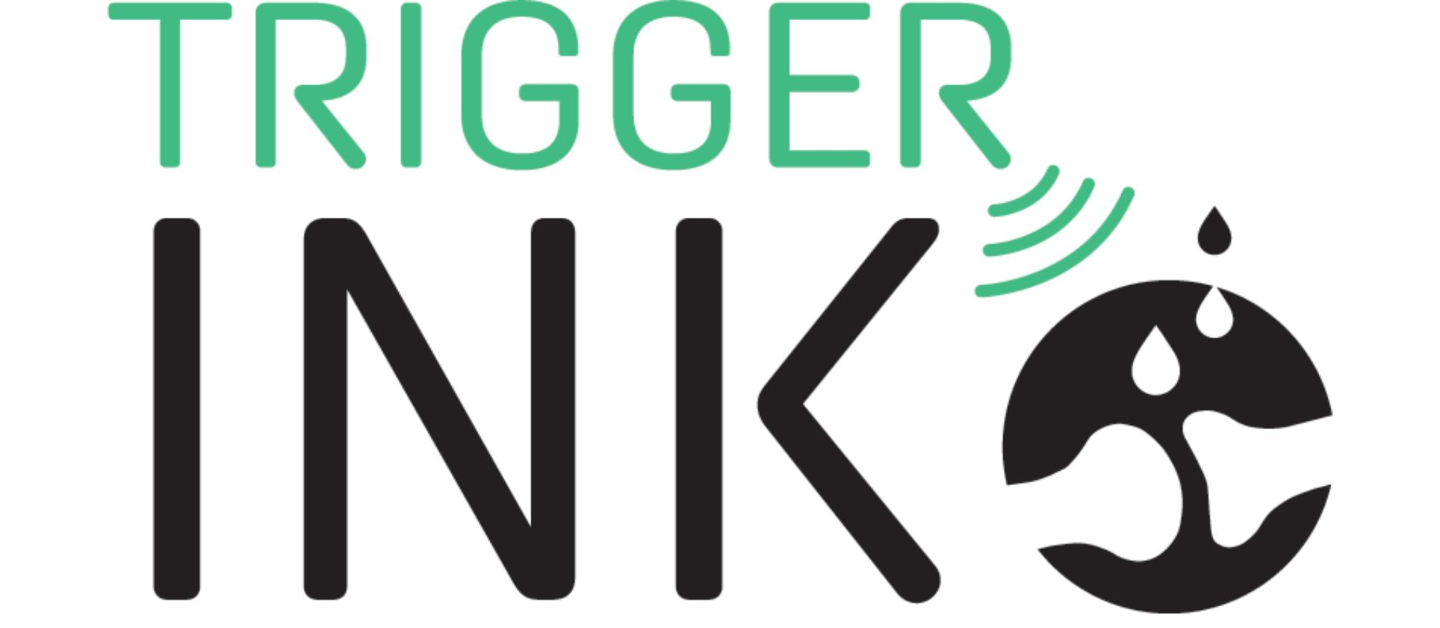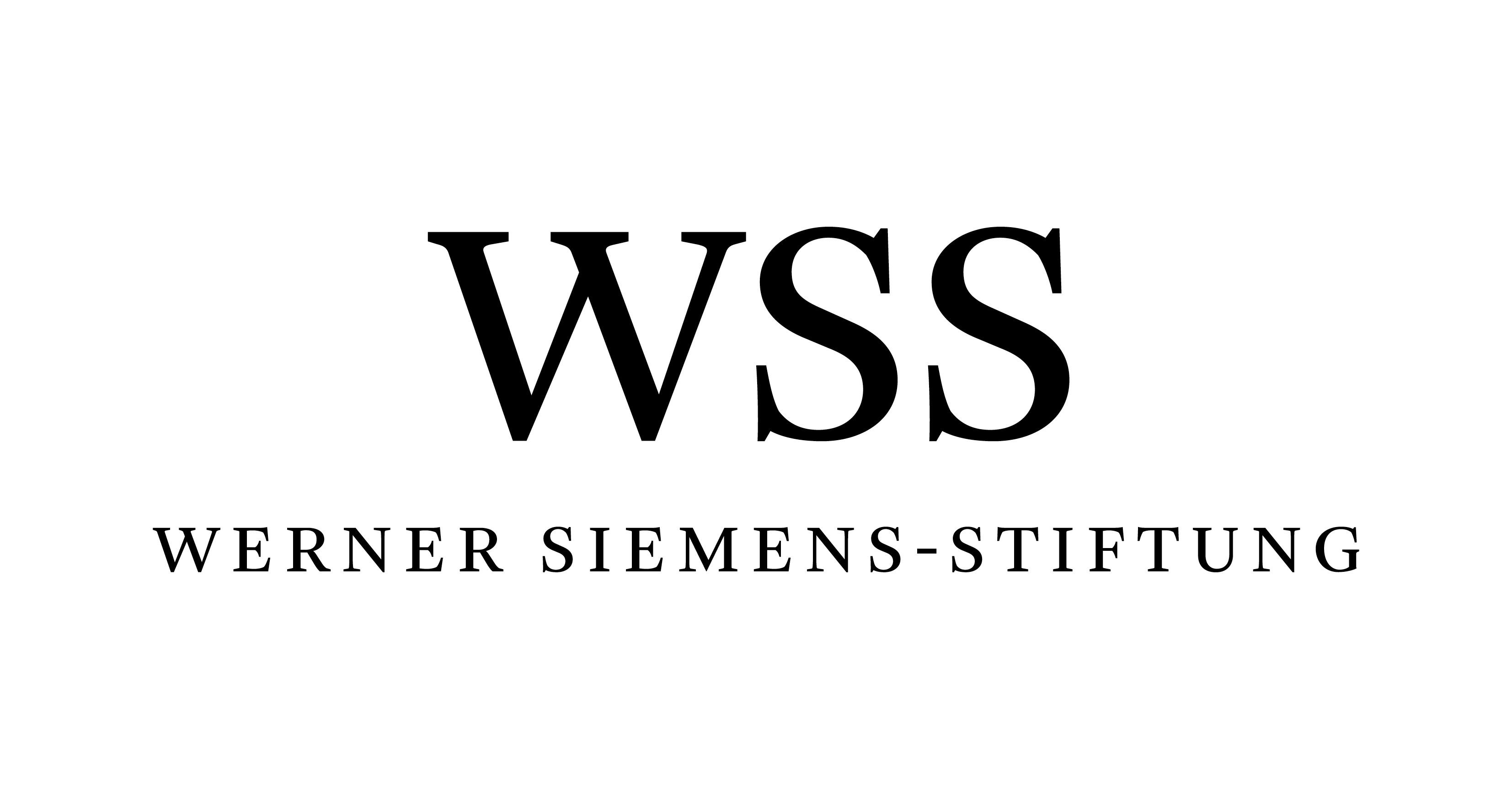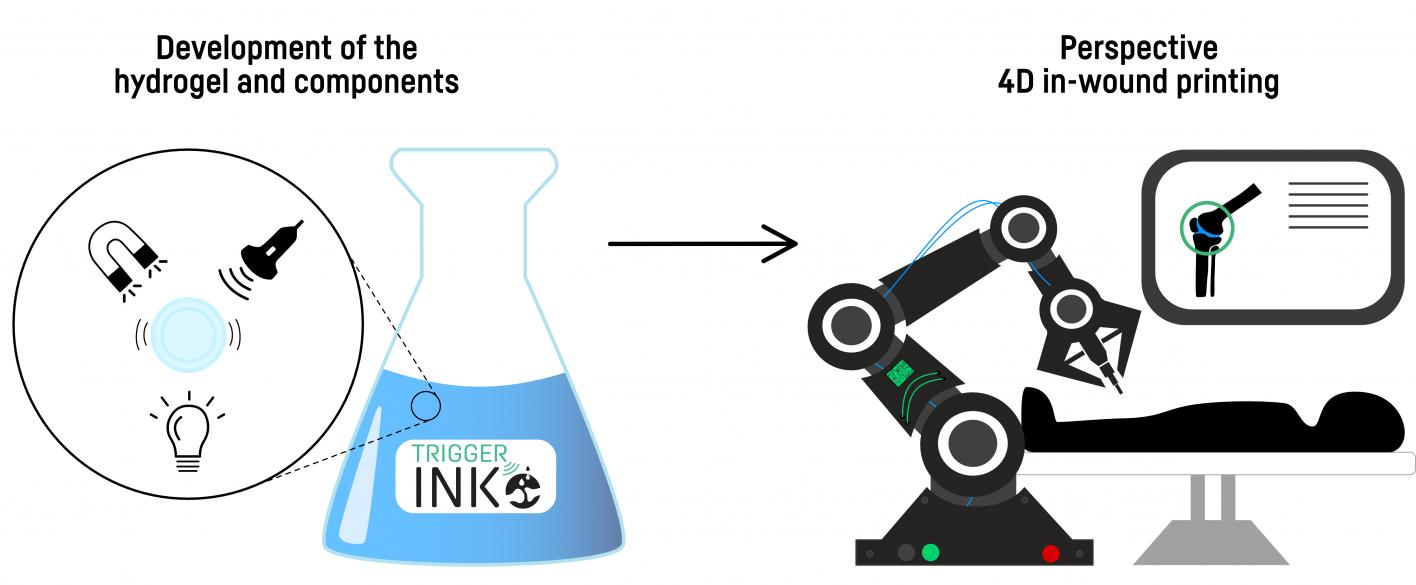Articular cartilage is the connective tissue on the surface of the bones in the joint that combines two properties: it absorbs shock and reduces friction between the bones during joint movements. Cartilage damage can occur due to aging and degeneration, leading to osteoarthritis or trauma-caused injury in people of all ages. Damaged cartilage cannot heal spontaneously and usually, leads to joint pain, which increases with age. These shock-absorbing and friction-reducing properties of articular cartilage are a result of a very special microscopically organized internal material structure, the so-called extracellular matrix (ECM). During a healthy life, the unique properties of the ECM are maintained by the cartilage cells, however, in case of an injury the cells are unable to regenerate the ECM spontaneously.

The TriggerINK project aims to develop materials that support chondrocytes in repairing damaged ECM cartilage tissue and initiating cartilage healing. We combine our expertise in light-driven chemistry, protein chemistry, tissue engineering, and process engineering to develop a hydrogel ink specifically adapted for cartilage cell growth.

We combine this ink with three interactive components that respond to external signals to promote cell growth with different signals at different time points. These are physical components that control cell orientation through an oriented microstructure in the hydrogel, chemical components that use ultrasound to release bio-active components during the healing process, and mechanical components that use infrared light-pulsing particles to promote cell growth. We plan to 3D print the resulting mixture directly into the damaged cartilage area using a robotic arm. For more information, see the project kickoff news. This project is funded by the Werner Siemens Foundation.
External project partners and advisors:
- Prof. Dr. med. Dr. rer. nat. Rebekka Schneider-Kramann, Professor at the Institute of Biomedical Engineering at RWTH Aachen University and University Hospital Aachen
- Prof. Dr. med. Fabian Kiessling, Professor of Experimental Molecular Imaging at RWTH Aachen University and University Hospital Aachen
- Prof. Dr. Frank Luyten, Professor of Rheumatology, Division of Musculoskeletal Sciences at University Hospitals Leuven
- Prof. Dr. Peter Verdonk, Professor and orthopaedic surgeon specialising in knee reconstruction at University of Antwerp
- Prof. Dr. Gerjo van Osch, Professor at Erasmus University Medical Center Rotterdam – expert in cartilage and connective tissue regeneration, with a focus on stem cells, biomaterials, and osteoarthritis
- Prof. Dr. Magali Cucchiarini, Professor at Saarland University Medical Center – specialising in musculoskeletal regenerative medicine, particularly gene therapy, tissue engineering, and osteoarthritis
- Prof. Dr. Henning Madry, Professor at Saarland University Medical Center – expert in experimental orthopaedics, focusing on osteoarthritis mechanisms and cartilage repair
- Prof. Dr. Christian Weber, Professor at University Hospital RWTH Aachen – specialising in knee reconstruction surgery, particularly arthroscopic techniques, ligament reconstruction, and joint-preserving knee surgery

